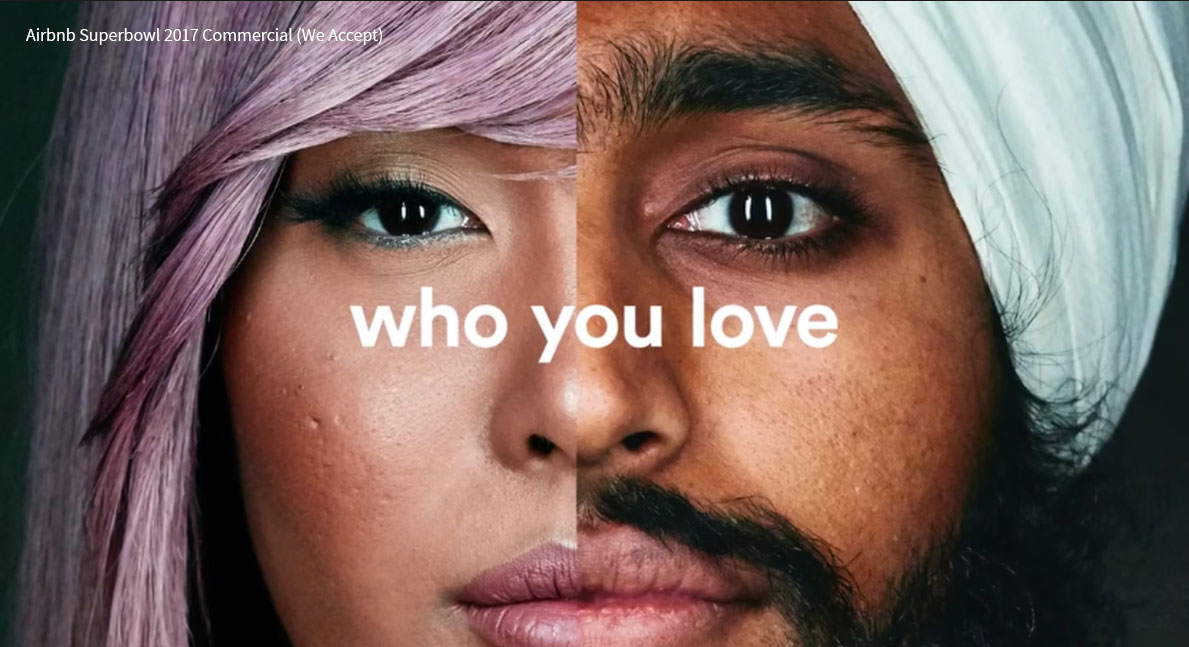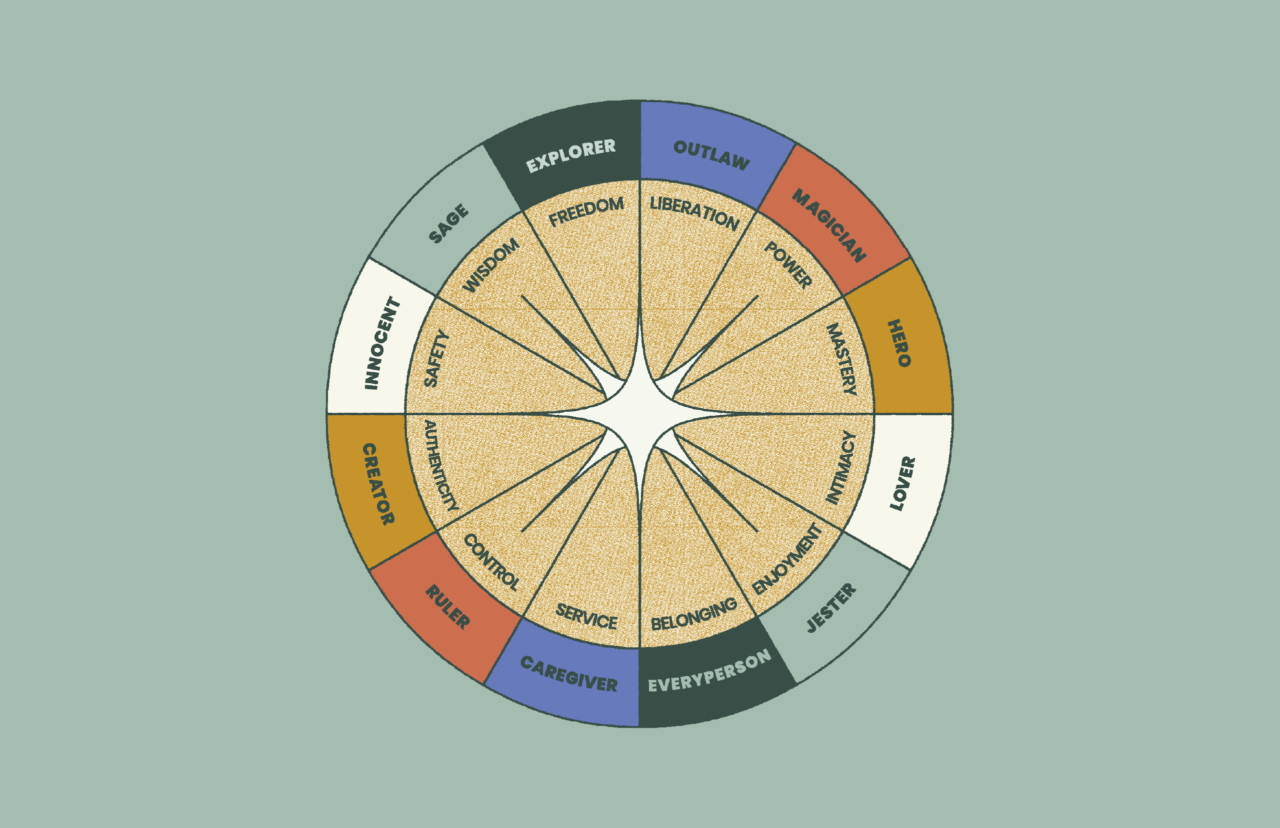Right now brands are being told that when it comes to marketing and advertising, sex is out and activism is in. According to an opinion piece recently published in The Guardian, brands “are now attempting to outdo each other with major acts of generosity.”
The article underlines Uber’s recent 3 million dollar gift to the ACLU (American Civil Liberties Union) after some 200,000 users deleted the car service app in favor of a competitor, Lyft, which had previously pledged a generous $1 million donation in a statement denouncing President Trump’s immigration ban. The philanthropic one-upping of a competitor’s donation was made in full view of the public and the article suggests that Uber wasn’t gifting that money out of the goodness of its heart. It was all just a well-engineered public relations and marketing move.
Patagonia, Starbucks, Airbnb, State Farm Insurance and others too have been called out for ads of generosity or activism on behalf of creating an altruistic public profile. Some of these brands, The Guardian story claims, are “allocating their marketing budget to good causes” because it “has a better reach than spending that money elsewhere right now.”
In the Now
What’s going on right now in the American political landscape is beginning, very quickly, to seep into the pores of American consumers across the spectrum. For those of us in marketing and advertising, that means US consumers, from right to left, are actively voting for (or vetoing) brands that reflect their political values. With the elusive millennial consumer heading the charge, marketers are looking at a major shift in brand loyalty and product consumption based on affiliation. This shift, of course, has the power to change how we sell … or how we don’t sell … our client’s products. Right now, it’s all about getting the messaging correct. Marketers must know the values of their consumers, or else they face making enemies, or worse: losing business.
Growing Pains
Perhaps no one has experienced the intensity of this post-modern consumer activism more than Uber. After all, the deletion of hundreds of thousands of users ultimately aided in the resignation of Travis Kalanick, Uber’s CEO, from Trump’s economic advisory council. Kalanick’s semi-forced resignation was, no doubt, related to recovering his company’s reputation, especially with Millenials.
That’s a big deal if you think about it: a tech giant resigned from a presidential advisory board because a bunch of people who use his product got pissed and refused to use it anymore. The voices of many–the consumers–manipulated the CEO of a large technology enterprise out of doing something that would otherwise be very good for business. If that doesn’t illustrate the power of the consumer and the delicate landscape marketers find themselves in “right now,” then maybe this next example will.
Storytelling Perceived As Political
On Super Bowl Sunday–one of the country’s highest TV viewership days of the year–Anheuser-Busch, the parent company of Budweiser, aired a pseudo-biographical, pro-American commercial. According to the Bleacher Report, the 60-second spot “presumably cost Budweiser in the range of $10 million to air on game day,” and depicted a feature-film style retelling of brand founder Adolphus Busch’s experiences after arriving in America. The commercial went viral, but not for the warm and fuzzy “we’re all Americans” feeling it meant to ignite. Instead, the Twitter-grown #BoycottBudwiser hashtag popped up and took off like wildfire. Super Bowl viewers combusted over the commercial’s perceived pro-immigration sentimentality, because of (one could argue) what’s going on right now in history.
Following its release, AdWeek reported Budweiser’s claim that the commercial wasn’t supposed to be part of the national debate or perceived as politically polarizing. The company’s Vice-President Ricardo Marques told AdWeek the ad was meant to reflect more of a “universal story” and that “there’s really no correlation” with it and “anything else that’s happening in the country.” The Atlantic, in an article that would follow AdWeek’s, definitely added that “anyone who has seen the spot … has begged to differ.”
Any other year the Budweiser spot would have just been a commercial–it may have even experienced praise for its patriotism–but this year the tide has changed.
Point Being
Since its unveiling, some theorists have suggested that Budweiser should have “known better” (given its primary demographic and the current political climate) that a perceived pro-immigration commercial wouldn’t fly. But here’s Budweiser, just another brand in America, trying to jump on an average advertising trend. Though this isn’t just any trend.
Perhaps unwittingly, and although Budweiser successfully got aboard the activism-in-marketing train, the brand caught the line going the wrong direction. (Northbound line instead of the Southbound?) An interesting revelation. An interesting mistake? It’s a little too soon to tell where they’ll get off, but what has been demonstrated by Budweiser, Uber, and others like them is that Millenials care and marketers care about Millenials. (It’s all we ever talk about.)
As a final point, and as The Guardian notes, “they used to say sex sells; now, evidently, it’s activism.” Now–right now–is the best time to make marketing a force for good in the world. To cast aside the tired tropes and the boring cliches and embrace something more than women laughing alone with salads. Right now, the ad world holds a free pass to engage with, make, and share ads that embrace humanity, empathy and inclusion. Right now, marketers have the go-ahead to be bold, to help brands take a stand and say something more substantial, deeper than “this is sexy.”
The power is in our hands and if we use it responsibly it could change the world.



